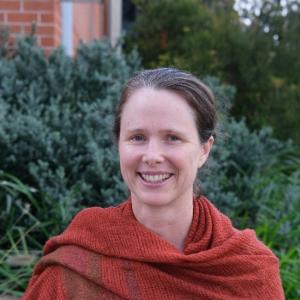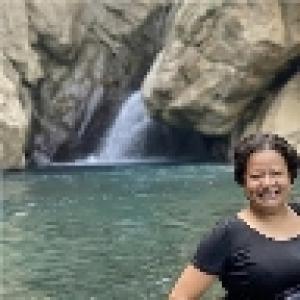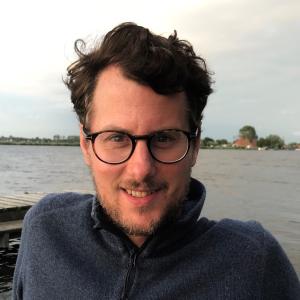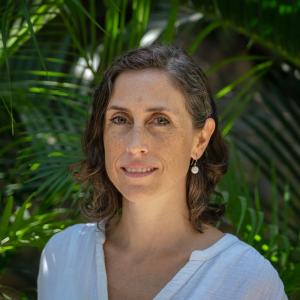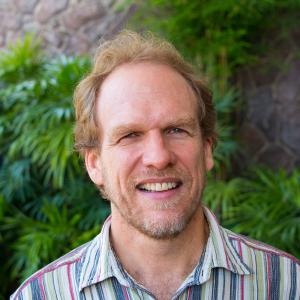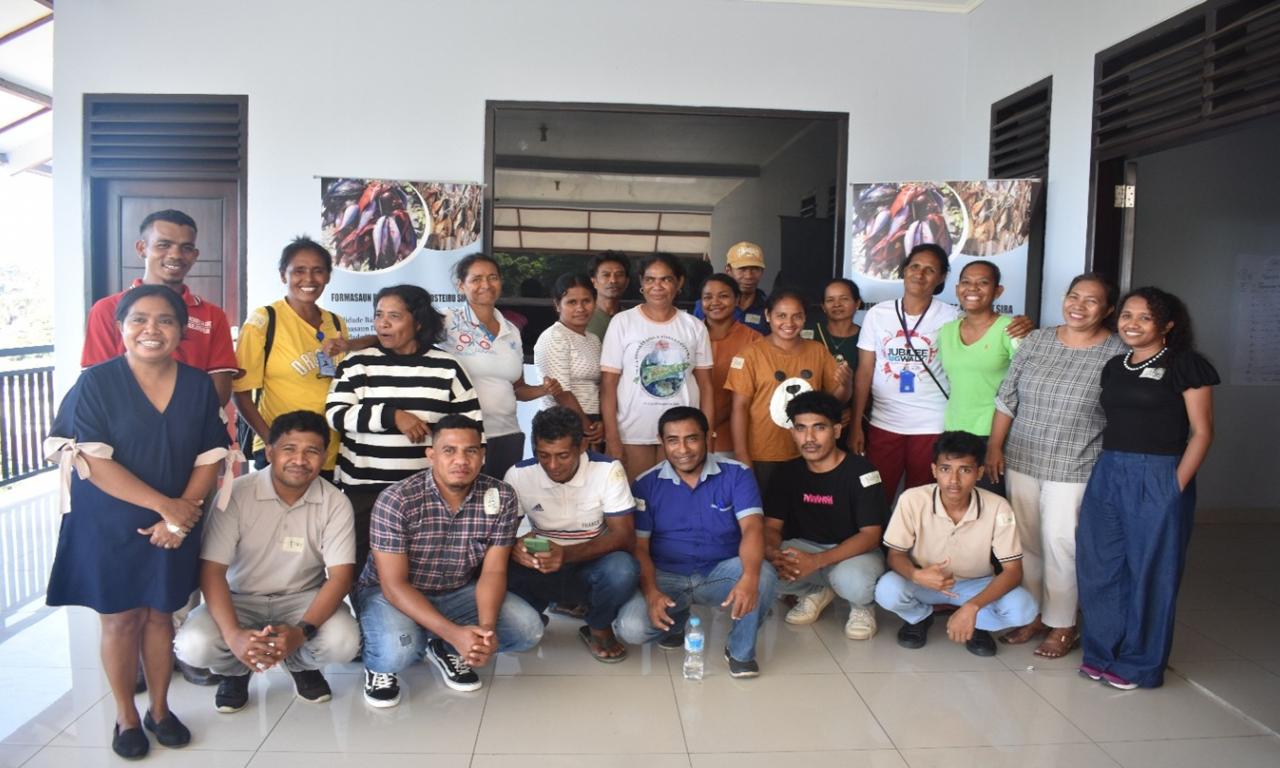
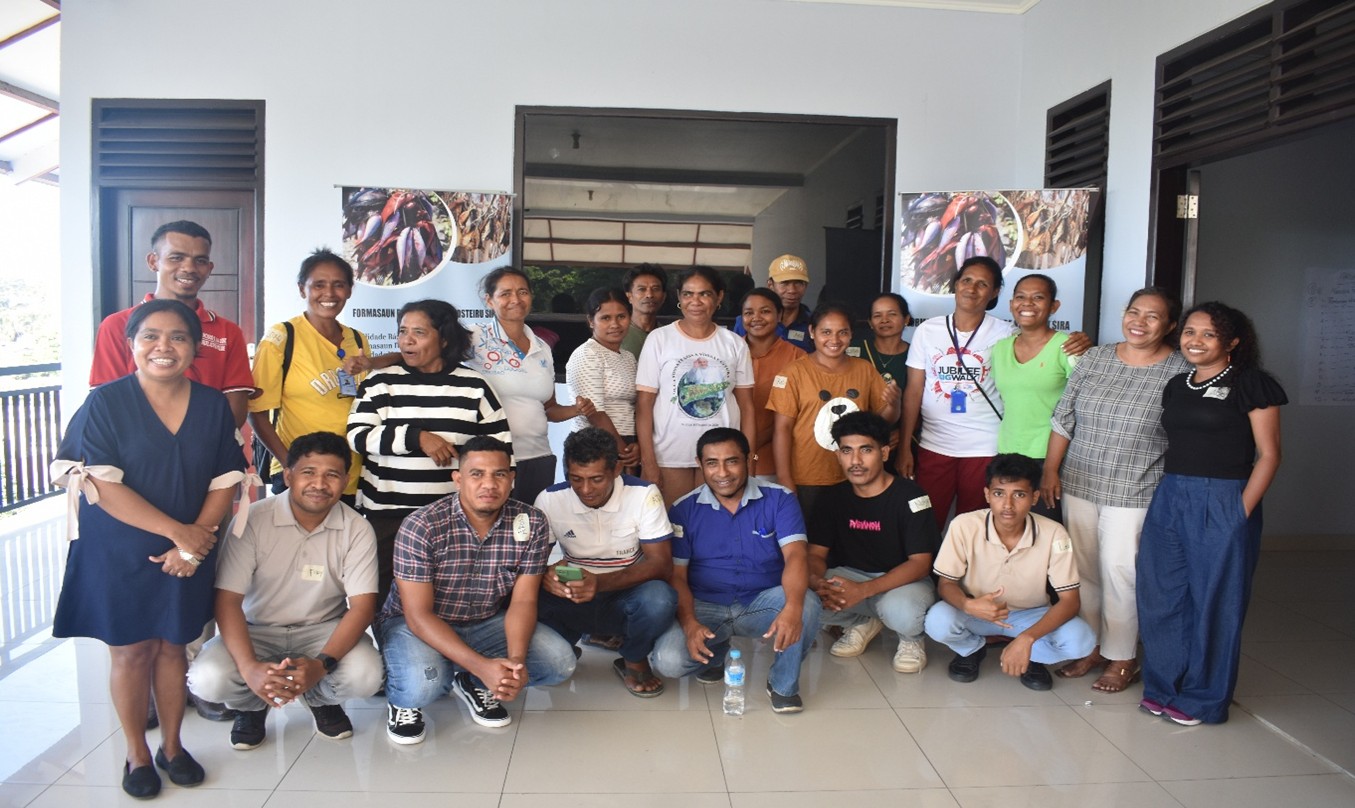
Small-scale fisheries (SSF) are vital to Timor-Leste’s coastal communities—providing both nutrition and livelihoods. However, fishers, traders, and processors often struggle to improve their income and build more resilient businesses. Problem and solution tree analyses conducted at project sites revealed that limited business knowledge is a key barrier for both women and men—specifically a lack of understanding of business and financial management, limited access to information, competing demands on women’s time due to household responsibilities, and low levels of motivation or interest in treating fisheries as a business.
In response, WorldFish Timor-Leste, through the ACIAR-funded Nutrition-Sensitive Fisheries Management (NSFM) and Fish Innovation (FI) projects, partnered with BDS-SMART Unip. Lda to deliver a business training program in October 2024. The program targeted people involved in fisheries-related businesses, including fishers, gleaners, traders, and processors—from four communities: Binagua, Ililai, Com, and Fatudere.
Empowering Coastal Communities Through Business Training
A total of 19 participants (47% women and 53% men) attended the three-day training. Sessions covered business development, financial management, and marketing strategy, equipping participants to create sustainable business plans, improve financial literacy, and strengthen their entrepreneurial motivation. The training emphasized sustainable practices, enhancing economic resilience and improving livelihoods in coastal communities.
Transforming Knowledge into Impact
One training participant was Francisco Soares da Costa, a 32-year-old fish trader from Fatudere Village, Viqueque Municipality, who had struggled with financial management despite years of fish trading experience. He depended on a rented motorbike for deliveries, making two round trips to turn a profit—one trip alone resulted in losses. However, without proper financial tracking, he lacked a clear understanding of his actual income and expenses, as his daily earnings were often spent without considering business sustainability.
The business training introduced Francisco to key financial concepts, including cost estimation, record-keeping, and strategic savings. Applying these lessons, he restructured his business, carefully tracking expenses and income from selling fish.
“I used to think I was making enough money, but I never tracked my expenses properly. After the training, I started recording my finances, and now I know exactly how much I earn and save daily,” Francisco shared.
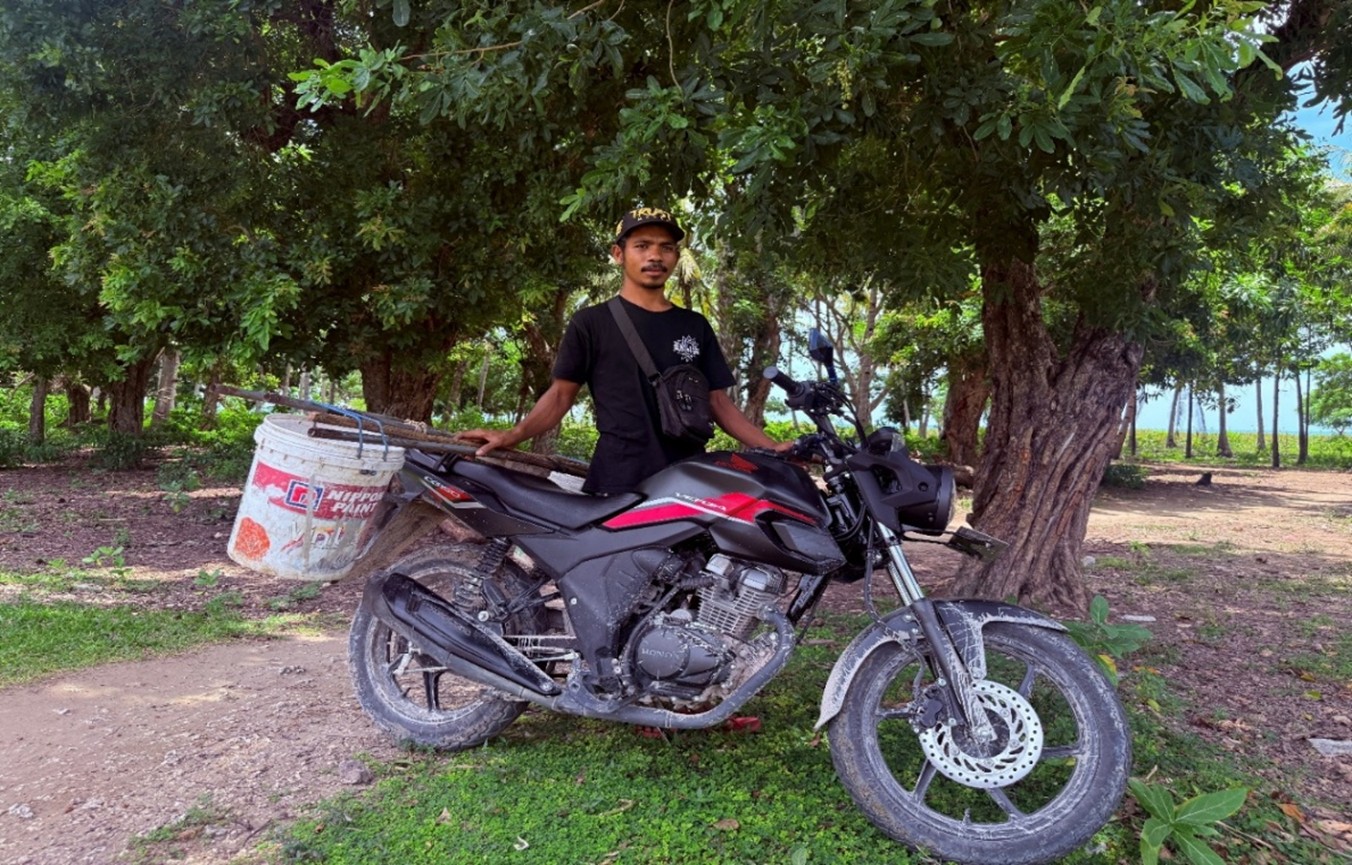
He also adopted a structured saving strategy, prioritizing his children’s education, business reinvestment, and personal income. Through disciplined saving, he was able to purchase his own motorbike for deliveries, eliminating rental costs and increasing his independence as a trader.
“With the knowledge from the training, I saved enough in just three months from selling fish to buy my own motorbike. Now, I no longer have to rent one, which means more profit stays in my pocket,” he added.
Scaling Up and Looking Ahead
Francisco’s journey extends beyond financial stability. With improved financial management and marketing, he plans to expand operations by collaborating with three additional fishers. His goal is to provide them with fishing gear in order to secure, in exchange, a steady fish supply, ensuring business sustainability. However, he acknowledges the need for additional capital and is diligently saving to achieve this expansion.
“If I can increase my capital, I can support more fishers and grow my business. It’s all about planning and making the right financial decisions,” Francisco stated confidently.
Building a Sustainable Future
The business training program has proven to be a valuable tool for empowering coastal communities. Francisco’s story highlights the transformative impact of structured business education for coastal community members who rely on marine resources. His experience demonstrates how financial discipline, planning, and continuous learning can contribute to sustainable livelihoods and economic growth.
“For fish traders and small business owners, daily savings and financial planning are key. Through the training, I learned the importance of estimating my income and setting aside money wisely. If we save with a clear plan—whether for business growth, children’s education, or other needs, our efforts will lead to real progress. But if we save without a plan, unexpected expenses can wipe it all out,” Francisco advised.
Francisco’s journey is just one example of how small investments in business education can create lasting changes, by strengthening local businesses and contributing to the broader economic resilience of the fisheries sector. Continued investment in business education will be essential in building a resilient and thriving fisheries sector in Timor-Leste.

